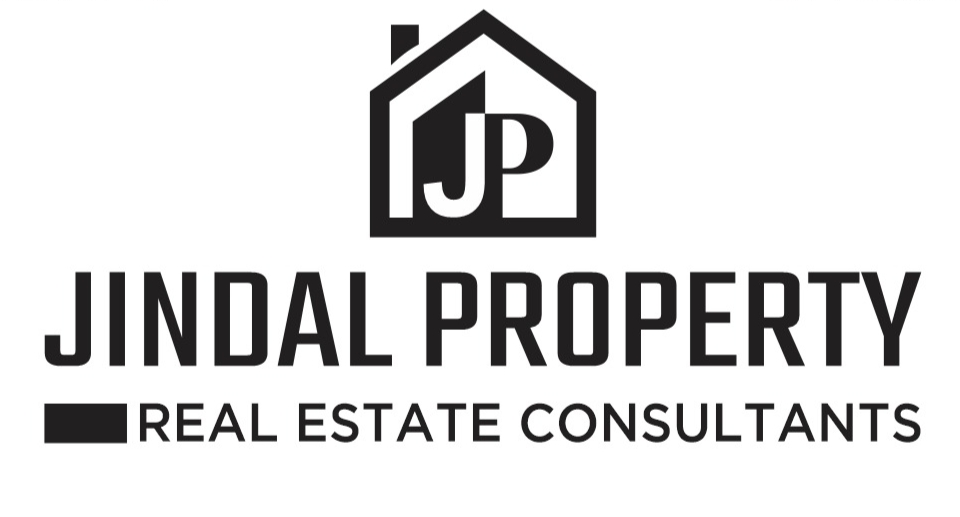Investing in real estate is one of the earliest and most relied on ways to develop lasting wealth. Yet allow me to deal with the fact– not every property is an excellent financial investment. Many people hurry into buying residential or commercial properties without appropriate planning, and they end up stuck to reduced returns, lawful problems, or vacant homes that don’t bring any rental earnings.
If you want to make your investment work like a business—generating steady income and appreciating in value—you need to choose the right Investment Property. This guide will show you exactly how to do that.
What Exactly Is an Investment Property?
A financial investment building is a realty property purchased with the goal of earning a profit– either by leasing it out, reselling it at a higher rate, or both. Unlike a personal home where you live, a financial investment building is indicated to work for you like a company device.
It can be:
- A domestic apartment you lease monthly,
- A commercial store you lease to an organization,
- Or a story of land you hold up until its value rises.
Why Choosing the Right Property Is Crucial
The ideal investment building can produce a new stream of income, lower your tax obligation worry, and expand in value gradually. But an incorrect selection can lock your cash in an asset that provides bad returns, remains uninhabited, or involves high lawful and maintenance headaches.
So the emphasis shouldn’t get on just acquiring any kind of residential property– it should be on purchasing a building that fits your goal, spending plan, and market conditions.
Step-by-Step Overview: How to Pick the Right Investment Property
1.Define Your Investment Objectives Clearly
Prior to you starting looking for residential or commercial property, take a moment to define what you want from this investment.
Ask yourself:
- Am I searching for regular month-to-month rental earnings?
- Am I intending to market after 5– 10 years for a greater price?
- Do I wish to utilize it for individual usage later on (like retirement)?
- Do I want to maintain it totally as an organization property?
Example:
If you desire regular monthly capital, a ready-to-move level in a rented-out location like Noida Extension or Gurgaon makes sense. If you desire capital growth, a story near approaching infrastructure projects (like Dwarka Expressway) might be a much better long-lasting property.
2. Fix a Budget and Understand Your Financing Options
When you recognize your goal, exercise your total budget plan. This includes:
- Down payment
- Home mortgage eligibility
- EMIs you can manage
- Stamp task and enrollment charges
- Brokerage firm and legal charges
- Inside setup or repair services (if any).
Do not stretch your finances simply to buy a larger or expensive home. Smart investment is better than elegant investment.
Tip: Constantly maintain 10– 15% of your complete budget plan apart for unforeseen expenditures.
3. Choose the Right Location—It’s Everything
If there is one thing that can make or damage your investment, it’s place. A respectable flat in a high-demand area can give much better returns than a luxury level in a remote or slow-moving area.
Look for areas that are:.
- Near to commercial centers or industrial parks.
- Near metro stations, freeways, or airport terminals.
- Well-connected to institutions, hospitals, and shopping malls.
- Witnessing fast development (new projects, IT parks, etc.)
Good investment zones:
In Delhi NCR– Dwarka, Noida Extension, Sohna Road, Fairway Expansion, Raj Nagar Expansion, and so on
4. Check Rental Demand and Market Trends
Don’t assume tenants will come on their very own. Do some neighborhood research study:.
- Are individuals searching for rental homes here?
- What is the ordinary rental fee because of the locality?
- Exactly how rapidly are properties being leased?
- What is the occupancy rate in nearby societies?
If the rental demand is high and stable, your property will not stay uninhabited for long.
5. Do Legal and Technical Due Diligence
Prior to authorizing any type of agreement, inspect all lawful files extensively:.
- Title Action (See to it seller has full rights).
- Encumbrance Certification (No finance or home loan pending).
- RERA Enrollment (for new/under-construction buildings).
- Approved Building Strategy.
- Property Tax Bills (for resale homes).
Never acquire anything with legal questions even if it’s less costly. A few thousand conserved now can cost you lakhs later on.
6. Know the Builder or Seller’s Track Record
If you’re getting a level in an under-construction job, see to it the builder is deemed.
Check:.
- Completed project shipment timelines.
- Reviews by existing customers.
- Lawsuits problems (if any).
- RERA issue background.
- Construction quality and after-sales assistance.
You ought to never risk your financial investment with unidentified or questionable designers.
7. Calculate the Real Return on Investment (ROI)
Do not buy emotionally– spent practically. Constantly determine potential returns.
Use this formula:.
ROI = (Net Annual Rental Income ÷ Total Property Cost) × 100
Let’s state:.
- Residential or commercial property expense = 50,00,000.
- Annual lease (after upkeep) = 2,40,000.
- ROI = (2.4 ÷ 50) × 100 = 4.8%.
Try to aim for:
- 3– 5% ROI for houses.
- 6– 9% ROI for commercial spaces.
Also factor in admiration, rising cost of living, and possible vacancy durations.
8. Plan for Long-Term Management
Home monitoring is part of your service approach. Ask yourself:.
- Will I rent out the residential property myself or with a broker?
- Just how will I take care of occupant complaints?
- Who will handle repairs, inspections, etc.?
If you stay in a different city, think about employing a residential property manager or agency to take care of lessees and upkeep.
9. Don’t Forget Exit Strategy (Resale)
Constantly bear in mind just how and when you will market the residential property.
Ask:.
- Is there a need in the resale market?
- Will I have the ability to get better value after 5– one decade?
- Are there other developments in the area that can push prices up?
Invest in residential properties where funding gratitude is visible, not simply guaranteed.
Business-Focused Q&A on Financial Investment Qualities
Q1. Exactly how should I deal with residential or commercial property as a business financial investment?
Ans: Maintain separate books for income and expenses. Track every rental invoice, fixing cost, EMI, and property tax. Prepare a straightforward profit-loss report yearly. That’s exactly how businesses work– and your home needs to as well.
Q2. Can a company invest in property?
Ans: Yes, many companies invest in commercial or even residential properties under their company name. This can help in tax planning, asset creation, and sometimes depreciation benefits under accounting standards.
Q3. Can I claim tax deductions on investment properties?
Ans: Absolutely. You can claim:
- Interest on home loan (Section 24)
- Principal repayment (Section 80C)
- Depreciation (for commercial properties under company ownership)
- Maintenance and repair costs
Q4. What makes a property profitable for business investors?
Ans: Key profitability drivers:
- High and stable rental income
- Low vacancy rate
- Low maintenance cost
- Good appreciation potential
- Tax-saving benefits
Q5. How do I manage multiple properties as investments?
Ans: As you grow your portfolio:
- Use a property management firm
- Hire an accountant to track rent, taxes, EMIs
- Regularly inspect and upgrade properties
- Automate rent collection (bank standing instructions)
Conclusion
Choosing the right Investment Property is not just about buying land or a flat—it’s about making a calculated business decision. A well-selected property can provide consistent rental income, long-term appreciation, and even tax benefits. But to enjoy these rewards, you must focus on the key pillars of successful investing: clear goals, smart budgeting, location analysis, legal verification, and long-term planning.

